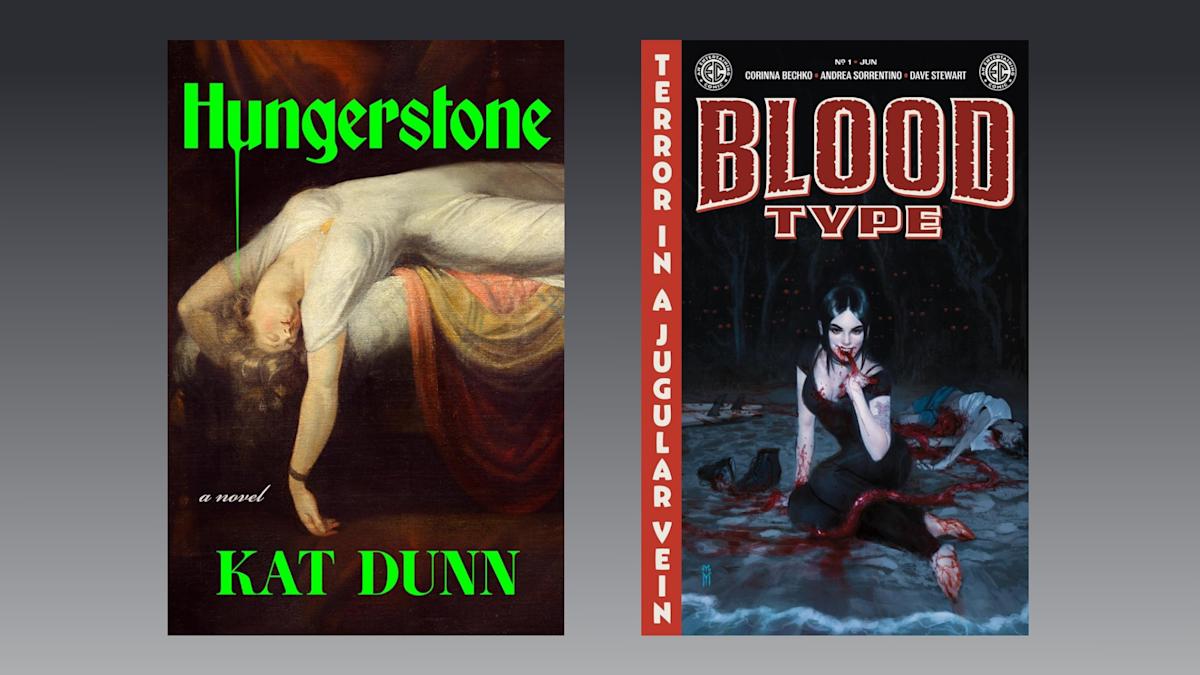A Fresh Take on the Classic: "Hungerstone" Revives the Sapphic Vampire Narrative
Exploring Themes of Desire and Identity in a Gothic Setting
In an opportune release aligning with Pride Month, "Hungerstone," an innovative retelling of the iconic sapphic vampire story "Carmilla," has captivated readers with its intriguing narrative. Set against the backdrop of the British moorlands, the novel delves into themes of longing, companionship, and the societal constraints faced by women during the era of industrialization.
Synopsis: A Struggle Between Ambition and Desire
The protagonist, Lenore, finds herself ensnared in a stifling existence, uprooted from London by her husband, Henry, to support his career aspirations. Their relationship is fraught with tension, as Henry’s ambitions overshadow Lenore’s emotional needs. The introduction of Carmilla, who arrives after a carriage accident seeking recovery, marks a pivotal turn in Lenore’s life.
Carmilla’s presence evokes complex feelings of yearning within Lenore, highlighted by a series of unsettling dreams that deepen as Carmilla’s peculiar habits—such as nocturnal wanderings and a disdain for customary meals—raise eyebrows within the household. As strange illnesses begin to afflict young women in neighboring villages, the plot thickens, intertwining personal and supernatural elements.
Distinctive Features: More Than a Simple Retelling
While "Hungerstone" draws heavily from Joseph Sheridan Le Fanu’s original novella, it sets itself apart by offering a nuanced exploration of feminism and female rage. Through its characters and settings, the novel critiques the restrictive roles assigned to women, imbuing the story with a sense of purpose beyond mere horror.
The gothic atmosphere is enriched with a strong commentary on the implications of industrialization, making it relevant to contemporary discussions around gender and power dynamics. The novel’s depth lies not only in its supernatural themes but also in its examination of societal expectations that resonate with today’s readers.
Conclusion: A Compelling Read for a Modern Audience
"Hungerstone" promises a blend of suspense and emotional depth, ideal for fans of gothic literature and those seeking stories that celebrate queer identities. This modern retelling revitalizes the classic tale, inviting readers to reflect on the struggles for autonomy, love, and acceptance in a world still grappling with these age-old issues. With its rich themes and engaging characters, "Hungerstone" serves as both a tribute to its predecessor and a standalone novel worthy of exploration.




